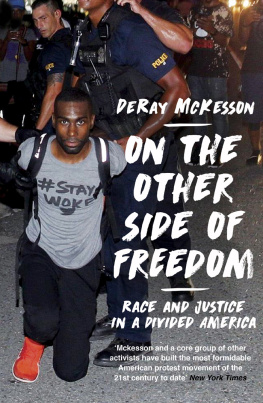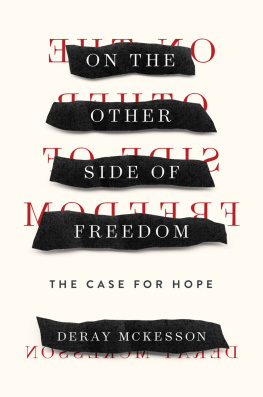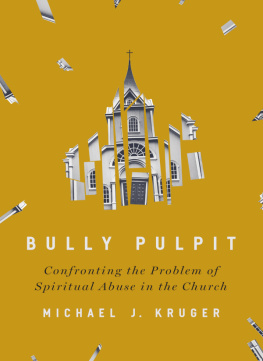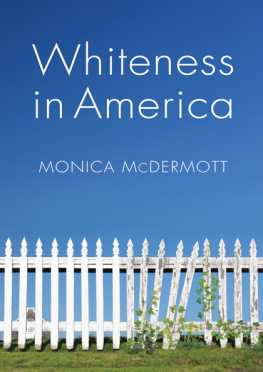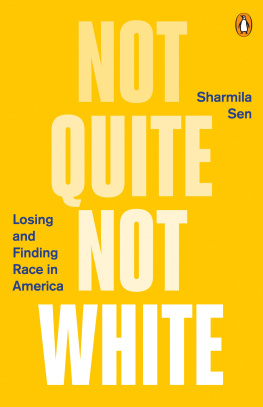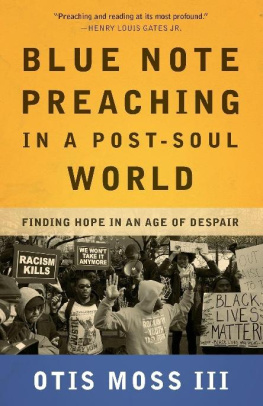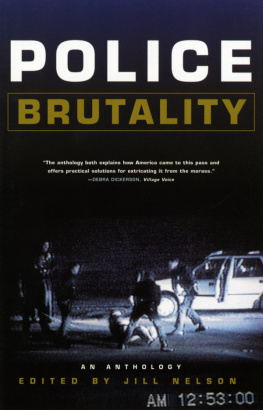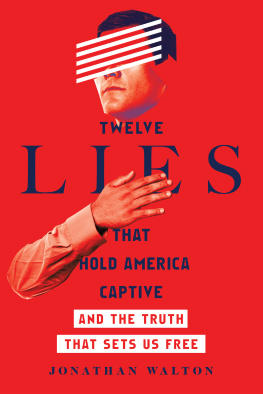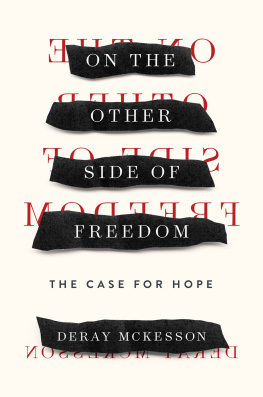Praise for On the Other Side of Freedom
A poetic, passionate, and deeply personal book.
Washington Post
An inspiring reminder that hope is vital to any political change, and its the driving force for any successful attempt at social justice.
Esquire, Best Books of 2018
Riveting and affecting... written with astounding poetry, vulnerability, and flair. Mckesson is a gifted, pointed storyteller.
Village Voice
By turns lyrical reflection and practical handbook, On the Other Side of Freedom reveals the mind and motivations of a young man who has risen to the fore of millennial activism through study, discipline, and conviction. His belief in a world that can be made better, one act at a time, powers his narratives and opens up a view on the costs, consequences, and rewards of leading a movement.
Henry Louis Gates, Jr.
Hope and insight and empathy spring from every page of On the Other Side of Freedom. DeRay Mckesson cools our fears of the struggle, ever guiding us on how to struggle. He stares down the faces of bigotry and unfreedom and cynicism and doesnt flinch in writing out our marching orders toward freedom.
Ibram X. Kendi, National Book Award-winning author of Stamped from the Beginning and How to Be an Antiracist
From within the heart of the Ferguson protests, DeRay Mckesson writes with a pace you couldnt learn in any writing class. He forces anyone who reads his words to understand the humanity of the black body; the black body that has otherwise been demonised, made monster-like, or contorted into some negative narrative. A vital read, if you are to truly know resistance, and the stories it gives rise to.
Candice Carty-Williams, author of Queenie
About the Author
DeRay Mckesson is a civil rights activist, community organizer, and the host of Crooked Medias award-winning podcast, Pod Save the People. Spurred by the death of Mike Brown and the subsequent protests in Ferguson, Missouri, and beyond, DeRay has become a key player in the work to confront the systems and structures that have led to the mass incarceration and police killings of black and other minority populations in America. A leading voice in the Black Lives Matter movement and a co-founder of Campaign Zero, DeRay has been praised by President Obama for his work as a community organizer, has advised officials at all levels of government and internationally, spoken at venues from the White House to the Oxford Union, and on TV. Named one of Times 30 Most Influential People on the Internet and #11 on Fortunes Worlds Greatest Leaders list, he has received honorary doctorates from The New School and the Maryland Institute College of Art. He lives in Baltimore, Maryland.
@deray
deray.com

for you
for all of us
We build our temples for tomorrow, strong as we know how, and we stand on top of the mountain, free within ourselves.
L ANGSTON H UGHES
Contents
Authors Note
Language is the first act. Obvious in retrospect, but something Ive had to learn.
I have not always had the words to describe, to unpack, to frame the world around me. None of us have. I have lived more than I can readily process aloud or in text. There are times when the words I have needed have been beyond my reach. Sometimes language is not my friend, not there when I need it, not yet ready to lend a helping hand or a challenge.
There is something unnerving about this reality. It shook meI started to think that the things Id lived were not quite real because I did not have the words, the phrases, the stories to convey them in anything beyond my mind. And yet, deep down, I knew that these stories would find life one way or another.
Yet there are other times when the words do come, when I am able to bring to life the things Ive lived, the things Ive hoped for and dreamt about, the things that scare me and that bring me joy. And when the words are close, but not ready to peek beyond the surface, not quite the ones we can use to do the work at hand, we are able to create new ones, to make new ways of giving life to the stories of the life weve lived, hoped for, and deserve.
Language, the tool by which power is initially distributed and redistributed: it is in its hands that we find the gateway to liberation, to justice, to freedom. Violence was the first language of this country and is still the first language of many people, but it doesnt have to be the language we teach our children or whose tempo guides our steps. I now know that our stories travel in more than the words we speak or write. Our bodies have carried messages too, of our sorrows and struggles, our demands for the world worthy of our breath, of our happiness and our cool. Our blood has soaked the fields and streets of this country, and it carries reminders of a terror that birthed a nation, destroyed families for generations, and built wealth unlike the world had ever seen. The stories of black folks are etched in the foundation of this America, from its Wall Street to its Market streets, in the buildings of the University of Virginia and Georgetown, in the music that continues to shape culture and society, and in the laws and practices that make the largest institutions sway. In Ferguson too I was reminded that our bodies are communicating as much as our words are, and always have been. That black bodies have always been seen in one way in this world, independent of the words and the noises and the heart.
It is an important part of our work to uncover the stories around us, to understand the messages they carry and use their lessons to guide us in our journey.
We have to name what we fight for, the world we want, a world we have not yet seen. In order to do this well, we have to be able to narrate how we got here, to describe the lives weve lived in order to unearth the things that we may have been too close to understand before. And we have to use our understanding of today to paint a picture of a tomorrow that will shine brighter for those who come behind us.
I have learned too to think more deeply about the words and phrases that we use in the work of social justice to tell stories. I have heard people talk about the importance of community control and community input, but who only believe these things insofar as they get to define exactly who is a part of said community. I have heard people praise a hypothetical community, only to exclude anyone who disagrees with them from their definition of community. Our words and stories must live up to the ideals of the moment in which they are offered. When they do not, the work becomes less about liberation and more about self-service.
I too think every day of the stories that ended too soon, the result of the lives cut before their time. I think of the damage caused by the people who chose to decorate black bodies with bullets instead of love, and how that pain ripples through generations.
This is not the whole storyof my life, of Ferguson, of a movement. I could never tell the whole story of any of those things, as the story is never whole from a single perspective. I can no more tell the story of my growing up, knowing that my sister and my father and my loved ones have their own richness to add, than I can tell the story of the movement or the protests, knowing that all the other people who contributed and participated and were incarcerated have their own perspective to share.
These are the stories that I feel best equipped to tell, having been present in many spaces, in many cities, and experiencing things that I never thought I would, with people I am proud to now call friends and family. These stories are offered in the spirit of protest, in the tradition of those who revealed a part of themselves on paper in hopes that words on paper could help move us closer to justice and equity.
Next page
